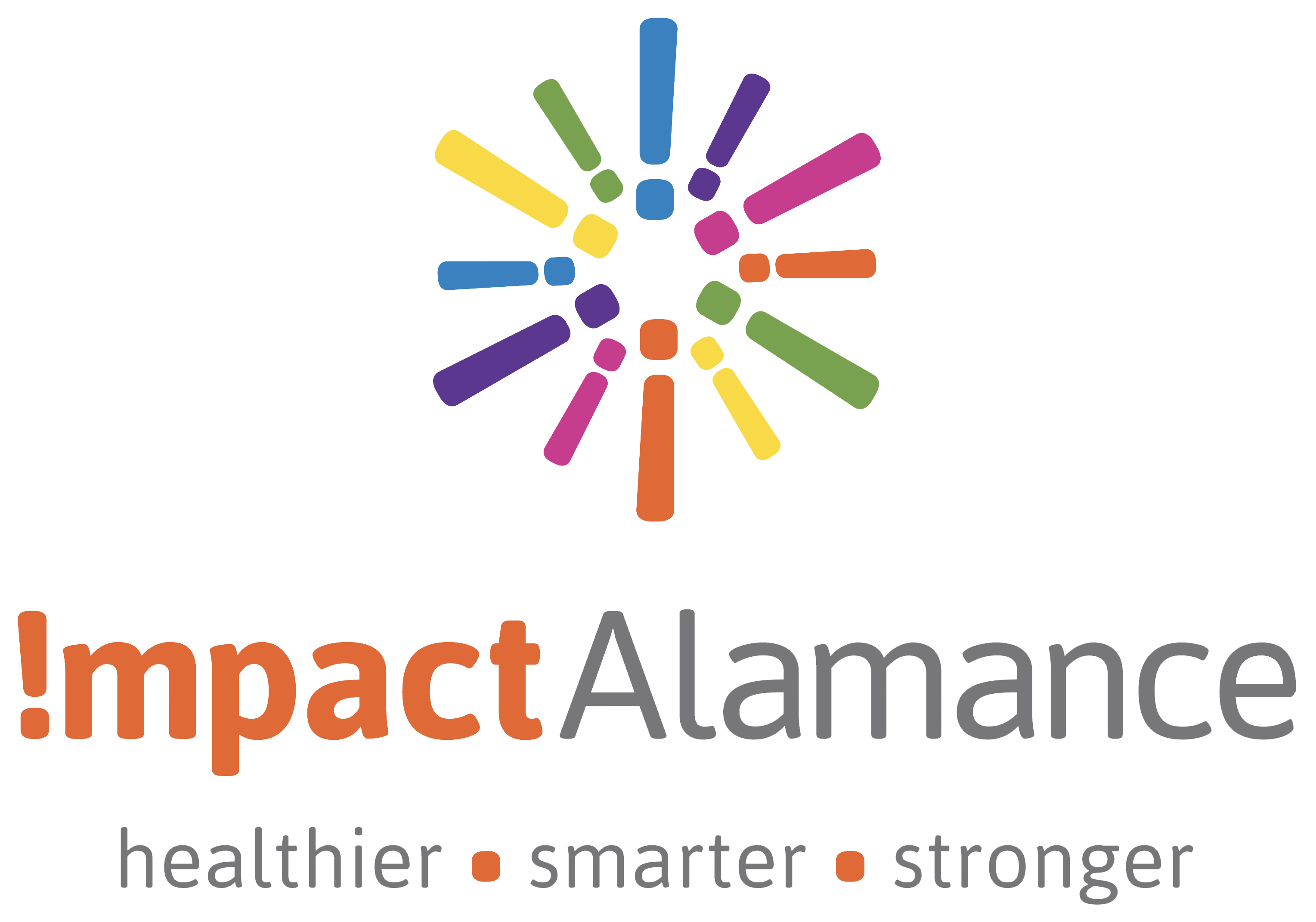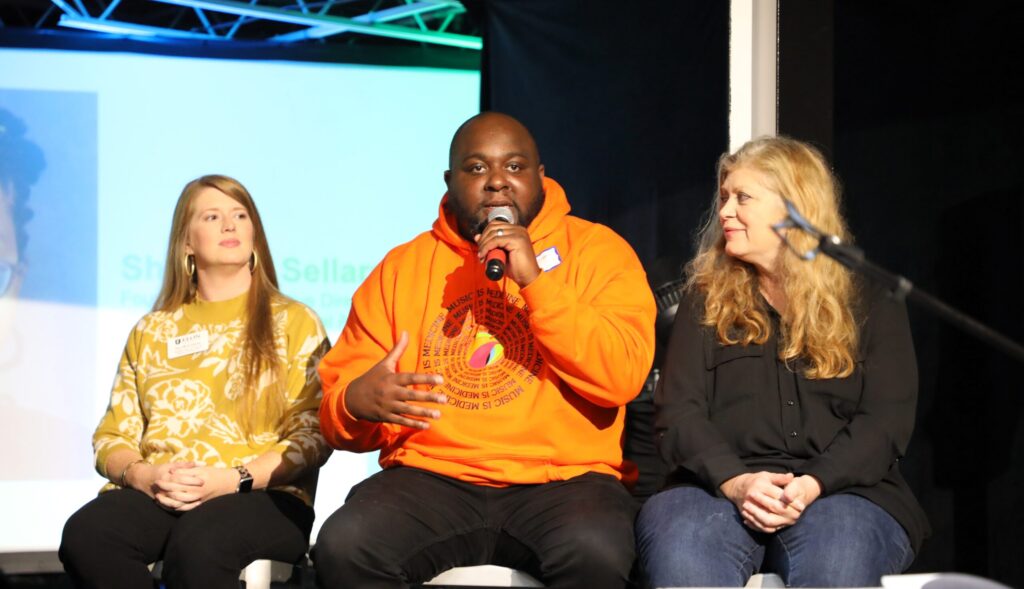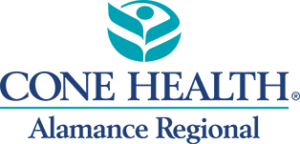This year’s Alamance Wellness Summit, sponsored by Impact Alamance and the Alamance Wellness Collaborative, focused on elevating and celebrating local efforts and leaders who are bravely stewarding a culture of health and wellness in our county. Held on September 17 at the CityGate Dream Center in Burlington, the event showcased the power of collaboration and courageous leadership.
Key initiatives that were highlighted included The Dream Center, African American Cultural Arts and History Center, Morrow Town Community Group, and other successful community-driven projects. The event featured a keynote session with six panelists who shared their experiences and insights on community engagement and progress. Following the keynote, four breakout sessions delved deeper into the lessons learned.
As a result of the event, attendees shared that they felt more connected and inspired and now have more tangible ideas of how they could get involved to impact their communities.
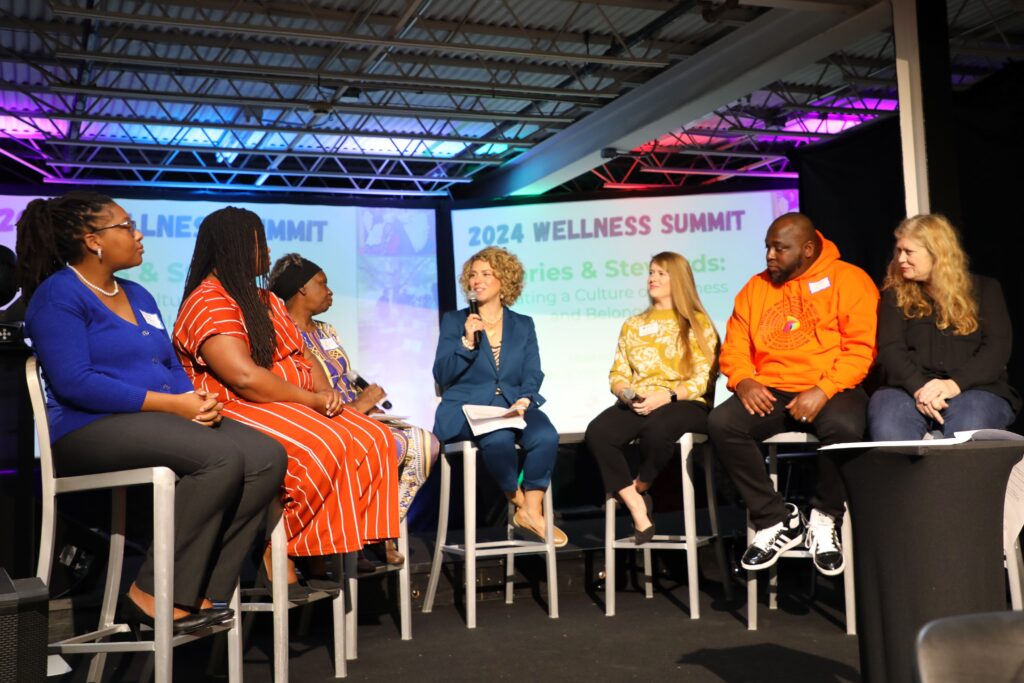
The panel discussion was moderated by Impact Alamance President, Tracey Grayzer, and featured the following panelists:
Lisa Edwards – Executive Director of the CityGate Dream Center
Under Lisa’s leadership, the Dream Center has impacted over 700 middle and high school students, particularly Latinx and Black families in Burlington. The Center offers programs such as backpack and meal distributions, after-school and summer activities, job fairs, ESL classes, and cultural celebrations, making it a place of belonging and hope in East Burlington.
Bobbi Ruffin – Recreation Superintendent with the City of Burlington
Bobbi serves on the leadership team of the Alamance Wellness Collaborative and has been actively engaged in leading various efforts to support creation and improvement of spaces that offer access to healthy eating and physical activity as well as social connection and belonging.
Sara Beth Hardy – Assistant Director for Community Partnerships at Elon University
Sarah Beth is representing Alamance County Racial Equity Collaborative in which she participated in 2022. The collaborative is supported by Impact Alamance and NCCJ and aims to equip Alamance County leaders, professionals, and community members with the knowledge, skills, and tools they need to be inclusive leaders and create equitable workplaces and communities.
Ms. Lydia Jones – Co-Founder & Chair of Morrowtown Community Group
In 2017, Ms. Lydia helped to create this task force in response to mothers who had lost their sons to violence. Impacted community members, along with supportive residents and organizations, have a mission to ‘take back’ their neighborhood with a shared vision of ending the cycle of violence and revitalizing Morrowtown.
Shineece Sellars – Founder and Executive Director of the African American Cultural Arts and History Center
Shineece through the African American Cultural Arts and History Center enjoys learning and interacting with the community. The center, founded in 2017, actively collects and preserves Alamance County’s African American history, recognizing impactful individuals and ensuring their stories are not lost to time.
Joshua Alston – CEO of Jae Emanuel Records
A mental health therapist and local musical celebrity known as Jae Emanuel, Joshua is passionate about educating the Black and Brown community about mental health. He led the Mind Over Matter event, which combined music and mental health experts to address the stigma around mental health, attracting hundreds of attendees. Joshua continues to actively work with youth throughout the county, teaching them the power of music as a tool for mental health.
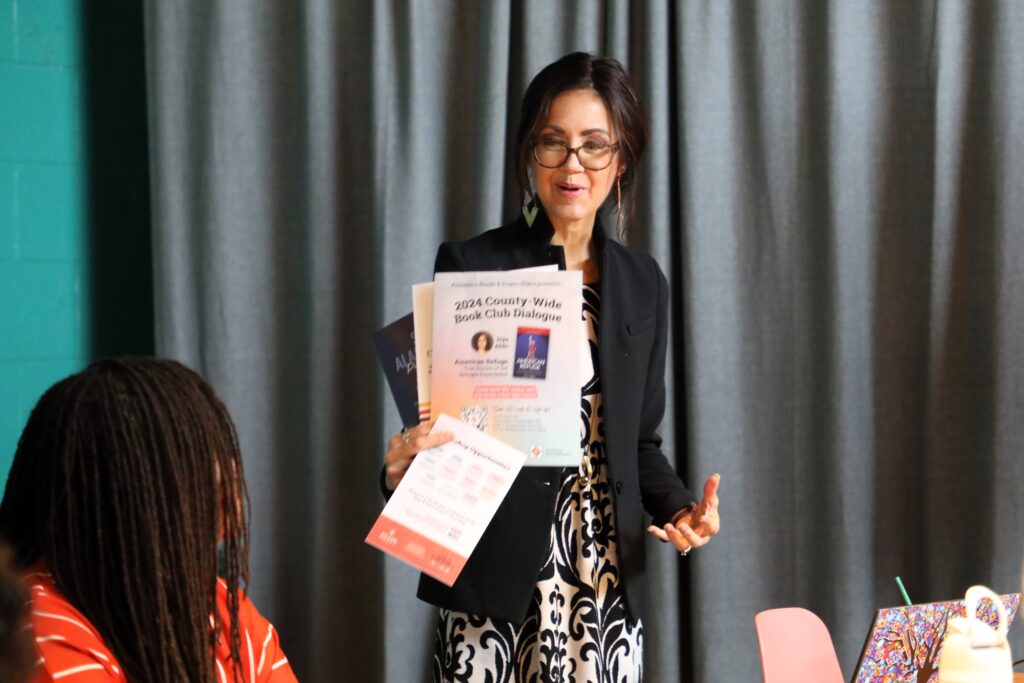
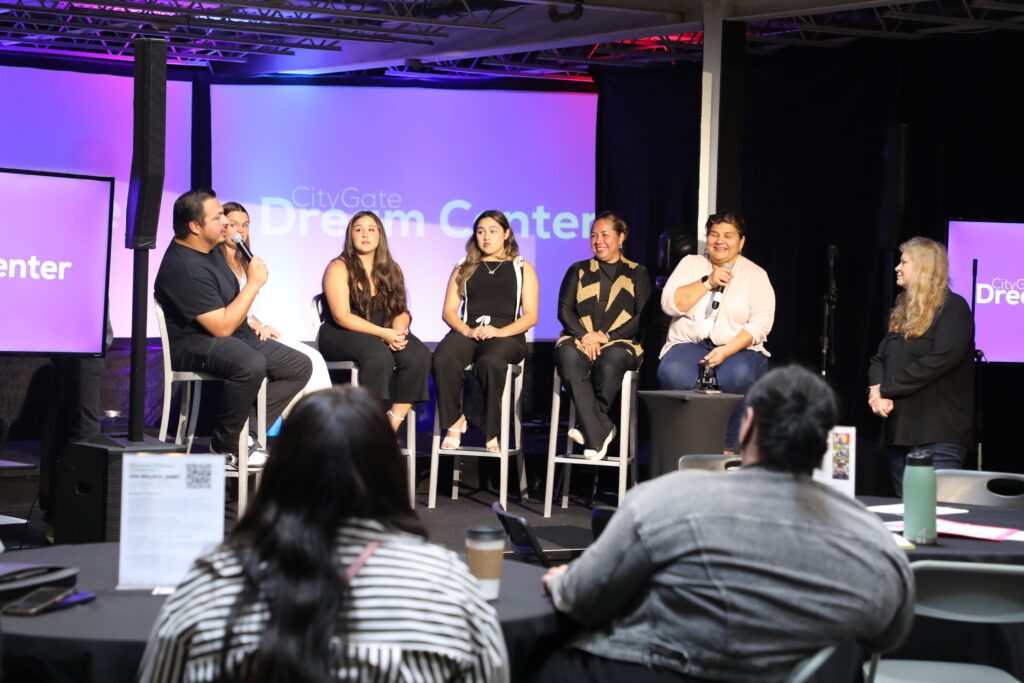
The four breakout sessions and the initiatives they focused on were:
City and Neighborhood Partnerships – Advocating for Positive Change
Ms. Lydia Jones, Ann Russell, & Karen Webb (Morrowtown Community Group)
Collaboration is essential when addressing the most complex issues in communities. This discussion highlighted how change can be driven by a community and featured affiliates of Morrowtown Community Group. This group has been able to effectively support community members in informing and driving changes in partnership with cities and neighborhoods.
The Power of Preserving our Stories
Shineece Sellars (AACAHC) & Danielle Lake (Power + Place)
Alamance County has a rich history that is unknown to many in our growing communities. This discussion focused on sharing stories to create deeper understanding of how we became the county we are today and considered how we can become a county in which everyone has access and opportunity for wellbeing and a true sense of belonging.
Community Engagement – Starting with Aspirations
Lisa Edwards (CityGate Dream Center)
Inclusive community engagement lifts the voices of community members and supports them in creating solutions that meet their needs. This discussion focused on best practices for engaging community members and what it takes to work effectively together to steward a culture of health and belonging.
The West End Revitalization Association Story
Omega and Brenda Wilson (West End Revitalization Association)
In 1995, the West End Revitalization Association (WERA) was incorporated as a non-profit 501(c)3 to address the denial of “basic public health amenities” of Black and Indigenous communities in Mebane, NC. In this session participants learned about WERA’s journey and powerful collaborations that have created tangible change that address environmental injustices and health disparities.
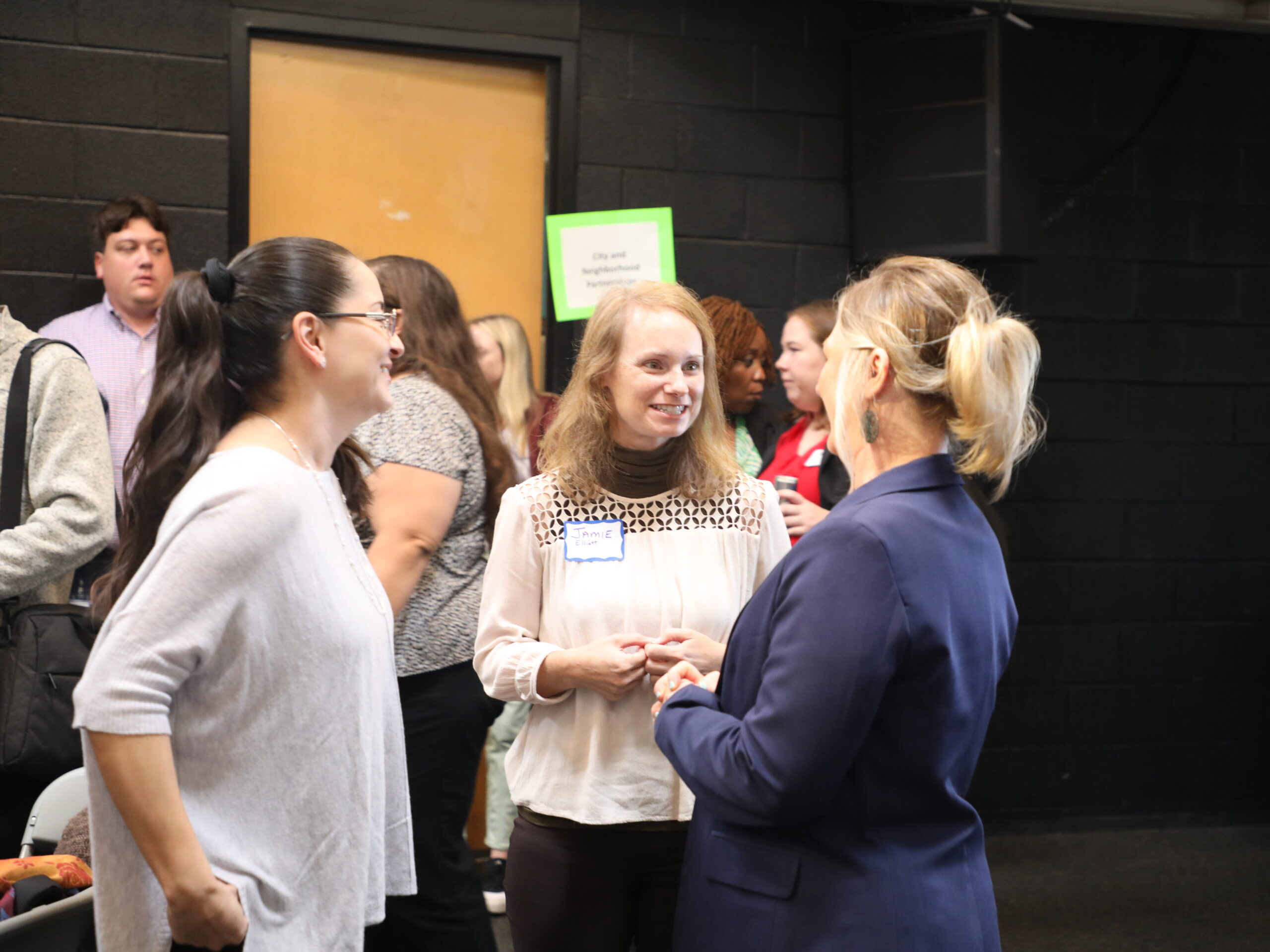
About the Alamance Wellness Collaborative
The Alamance Wellness Collaborative (AWC), now in its 9th year, convenes partners throughout the county with varied experiences. Members include leaders from planning, public health, business, parks and recreation, education, and nonprofit organizations. Our members include representatives from all jurisdictions who seize the opportunity to work more efficiently and collectively on goals that benefit everyone.
The AWC recognizes the importance of creating environments where current and future residents have access to opportunities to improve their health—including facilities that encourage physical activity, healthy food outlets, healthy school environments, as well as policies and the economic base to support them.
The AWC members recognize that historic, systemic, and racial injustices position people differently to thrive. The AWC offers space to deepen our understanding of those differences and what role we play to increase opportunities for all to live healthier lives through policy, systems, and environmental change. Our values of equity, policy, action, and reflection thread through our work. AWC members and leaders are passionate about supporting the longer-term health and economic wellbeing of our community.
